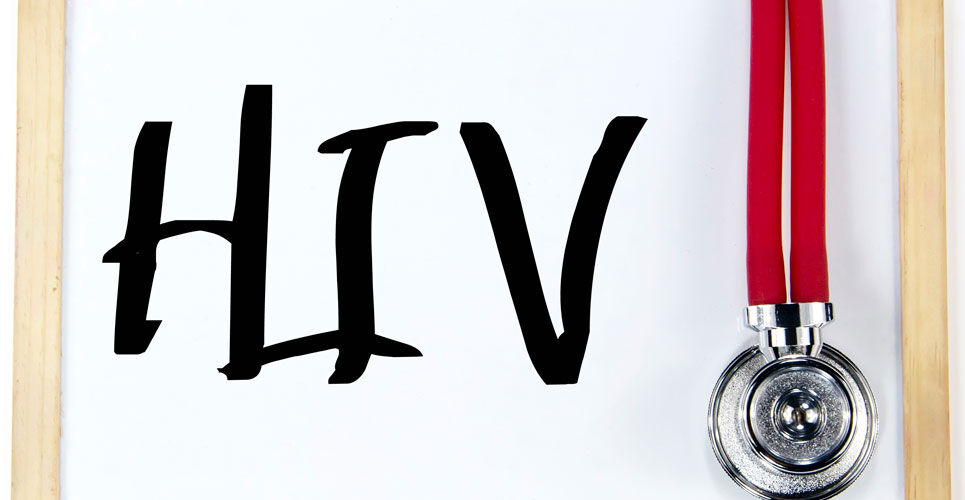A HIV vaccine trial sponsored by Janssen was terminated early because despite being safe it was ineffective when compared to placebo.
A HIV vaccine study has been terminated early after a review of data suggested that it was unlikely to be more effective than placebo according to Janssen pharmaceuticals who led on the study together with a global consortium.
Despite HIV having been first discovered in 1983, there are still no vaccines available against the virus. Moreover, data shows that currently, across the world, there are approximately 1.5 million people infected with the virus.
In 2021, findings from a phase 2b, proof of concept trial, Imbokodo, were made available. In the study, 2,637 sub-Saharan women, aged 18 to 35, received an investigational vaccine, based on mosaic immunogens, which are engineered human immunodeficiency virus type 1 (HIV-1) sequences designed to elicit clade-independent coverage against globally circulating HIV-1 strains.
The vaccine used a common-cold virus (adenovirus serotype 26, Ad26) and was designed to deliver four antigens to illicit an immune response.

The primary endpoint of the study was based on the difference in HIV infections between the vaccine and placebo groups, from month 7 (which was one month after the third vaccination dose) through to month 24. The results showed that the vaccine’s efficacy was only 25.2%, although fortunately, the study did not identify any safety concerns.
In 2019, the phase 3 Mosaico study (also referred to as HPX3002/HVTN706) was initiated. The aim of the study was to evaluate the efficacy of a heterologous vaccine, Ad26.Mos4.HIV, a tetravalent vaccine, for the prevention of HIV-1 infection among HIV-1 seronegative cis-gender men and transgender individuals who had sex with cis-gender men and or transgender individuals.
The vaccine was administered four times over 12 months and with the final two vaccine doses, individuals were also given a bivalent protein formulation containing two HIV envelope proteins, clade C gp140 and mosaic gp140, adjuvanted by aluminium phosphate to boost immune responses.
However, at a meeting of the study’s independent Data and Safety Monitoring Board, it was deemed that the regime was not effective at preventing HIV infection The study’s independent Data and Safety Monitoring Board (DSMB) determined that the regimen was not effective in preventing HIV infection compared to placebo.
Commenting on the findings, Penny Heaton, Global Therapeutics Area Head Global Therapeutic Area Head, said ‘We are disappointed with this outcome and stand in solidarity with the people and communities vulnerable to and affected by HIV’. She added that ‘we remain steadfast in our commitment to advancing innovation in HIV, and we hope the data from Mosaico will provide insights for future efforts to develop a safe and effective vaccine. We are grateful to our Mosaico partners and the study investigators, staff and participants.’

